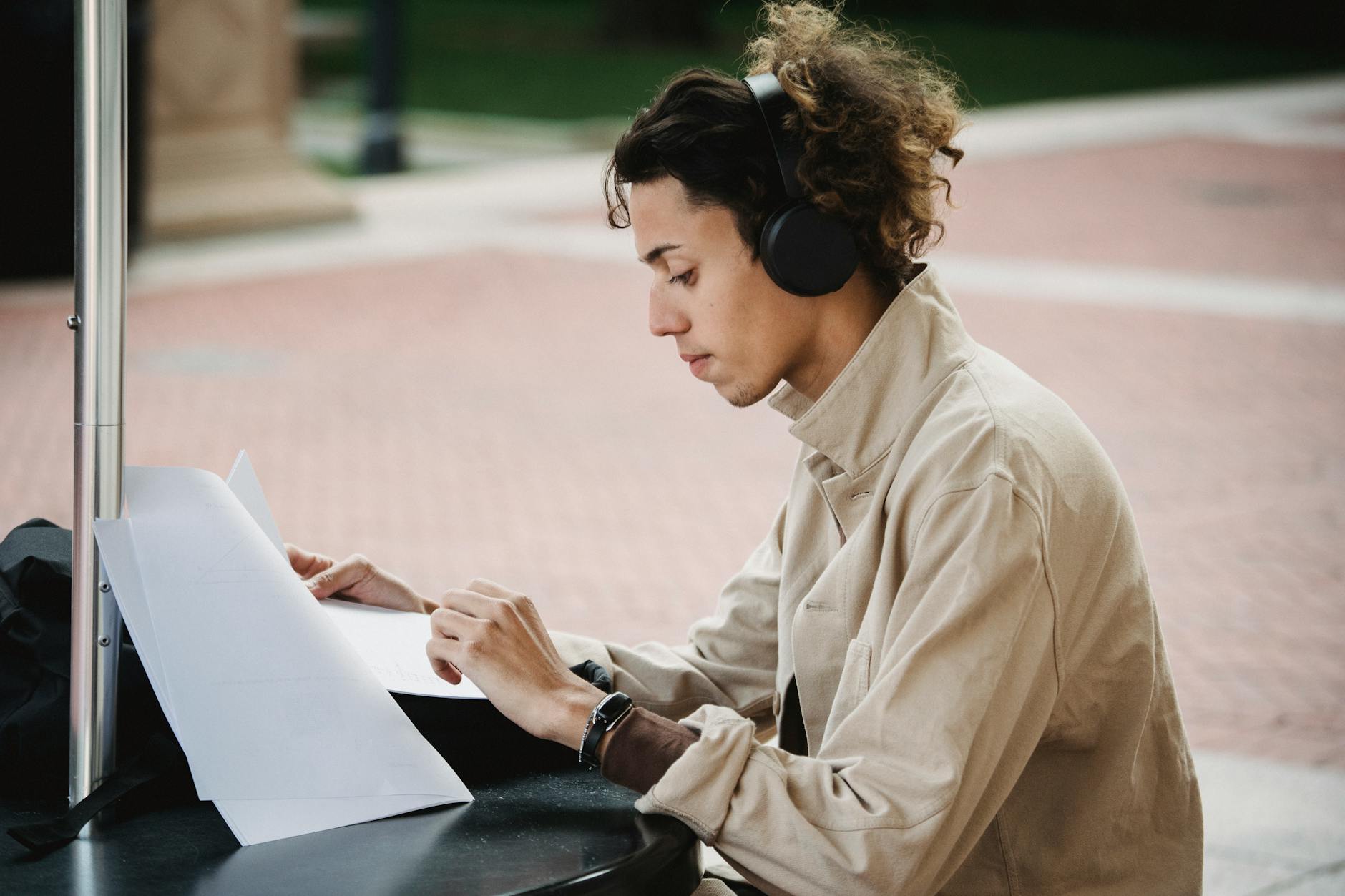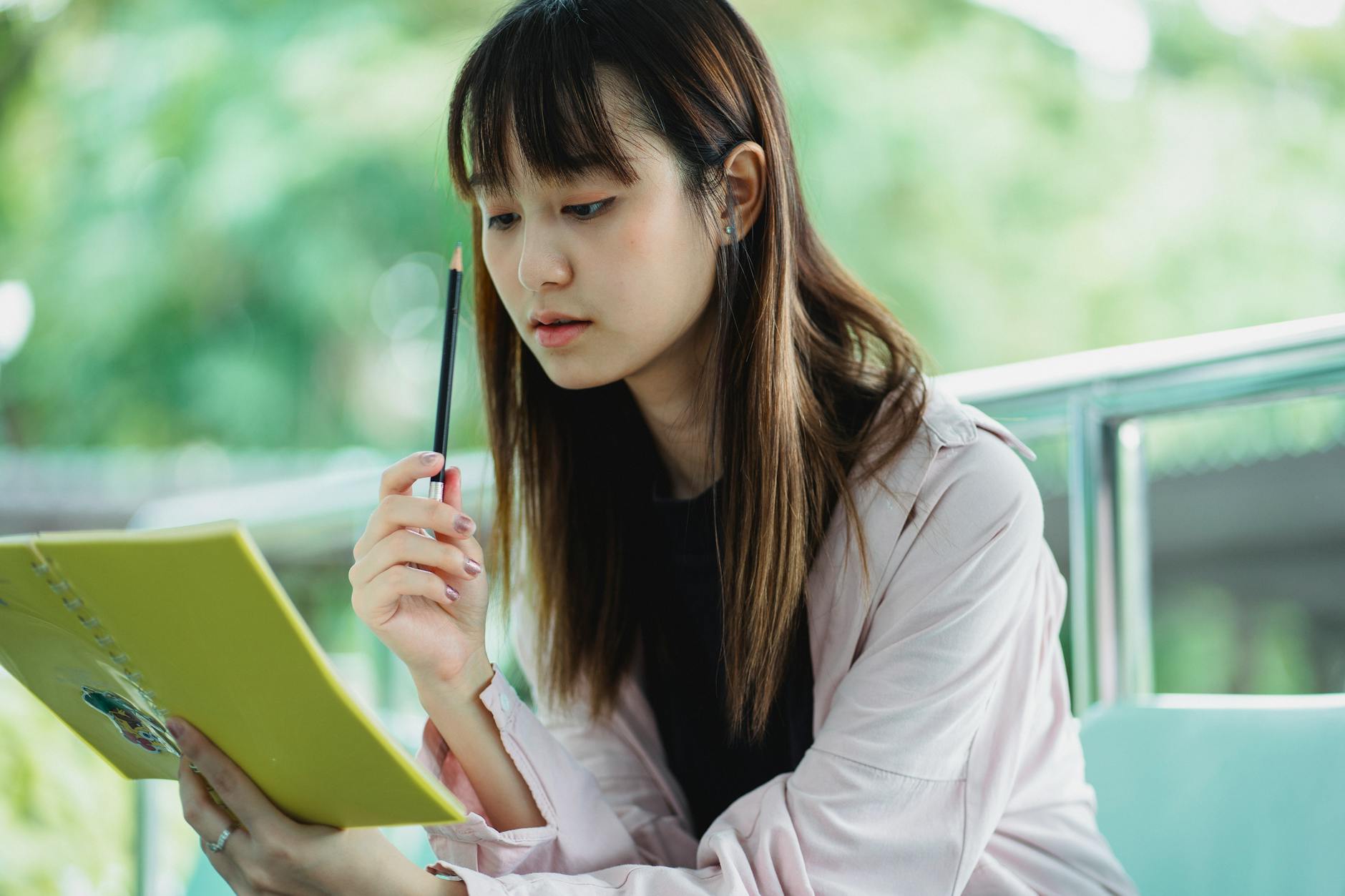How to Find the Best Creative Classes in the United States for Tech Professionals

Exploring Creative Class Options
If you're like me, a tech enthusiast now venturing into the world of crafting, the idea of exploring creative classes can initially feel daunting yet exciting. Living in San Francisco has its perks—there's an abundance of opportunities to dive into new artistic realms, like checking out the pottery studios in the Mission District. These studios provide hands-on sessions that are perfect for anyone looking to unwind after a busy tech-driven week.
For those who prefer a paintbrush over clay, events like "paint and sip san francisco" offer a laid-back approach to learning painting. It's a mix of art class meets social gathering, where you can enjoy learning in a fun, community-oriented environment. Not just limited to local sessions, these events have gained popularity in other cities like paint and sip nyc, making it easy to find classes when traveling.
On days when scheduling conflicts arise, exploring virtual team building activities can be a practical choice. They allow you to bring the creative energy of a physical class into your living room, ideal for busy folks balancing multiple responsibilities.
Taking a class at the San Francisco Art Institute or joining community workshops at Fort Mason are also compelling options. Each offers unique learning experiences, shrinking the learning curve for beginners eager to dive into creative arts.
Selecting the Right Class
Finding the perfect creative class can be an exciting journey, especially if you're navigating a busy life in tech. To make the search more targeted, align your choice with not only your interests but also with how you prefer to learn. For instance, if you're fascinated by creating tangible items, focusing on couples cooking classes nyc may suit you perfectly even if you're based far from New York City. The hands-on approach in these classes often resonates well with tech professionals who seek practical and immediate results from their efforts.
Aligning with Interests
It's vital to choose a class that aligns with your personal interests for optimal engagement. Think about what truly sparks your curiosity. Whether it's the intricacy of crafting a unique dish or the satisfaction of moulding clay at one of the bustling pottery studios in the Mission District, this alignment can drive your motivation to continue learning.
Hands-On Learning Focus
Embrace the power of tactile learning. By actively participating, you can transform abstract concepts into real-world results. Classes designed with a focus on experiential learning, like those found in cooking classes NYC or pottery sessions, encourage problem-solving and creativity, making them perfect for those accustomed to theoretical challenges.
Balancing Schedule and Location
Consider practical factors such as your schedule and commute. The convenience of attending classes is crucial, especially when balancing a packed agenda. Look for sessions that fit seamlessly into your lifestyle, perhaps even exploring community workshops at Fort Mason for accessible local options. Finding classes near work or home can minimise travel time and maximise your commitment.
Effective Search Strategies
Finding the right creative class can be just as exciting as the class itself. As a tech enthusiast turned craft lover, I can say that learning to use search engines effectively has been crucial in my journey. Start by being specific with your queries—if you're after pottery sessions, type "pottery classes San Francisco near me." Such targeted searches bring you closer to finding community workshops at Fort Mason or other intriguing art hubs around the city.
Once your initial search yields results, dive deeper into online communities such as forums or groups dedicated to art and crafts. These platforms share experiences that you won't find in a typical search. Personal accounts from folks who've attended these workshops offer invaluable tips and can give you an idea about what to expect. I've also found recommendations for team activities like team building activities nyc that provide collaborative and fun experiences—much like an art class, but with an added layer of social engagement.
Lastly, don't underestimate the power of email newsletters. Subscribing to ones from local studios or creative hubs can keep you updated with new class offerings and special events. They often have exclusive deals or insights into bachelorette party ideas that can be adapted for personal projects or informal gatherings.
By combining effective search techniques, engaging with vibrant online communities, and leveraging valuable newsletters, you can simplify the quest for creative outlets in transforming your routine into something fulfilling.
Making the Most of Classes
Preparing for the First Class
Embarking on your first creative class can be both exhilarating and a bit daunting. To ease the transition, here are some practical learning tips. Start by gathering all the recommended materials ahead of time; this ensures you can dive right into the session without second thoughts. I remember my first experience in pottery classes NYC left me more focused once I had my tools prepped in advance. Also, consider arriving early to familiarize yourself with the space, whether it’s the intimate settings of pottery studios in the Mission District or vibrant pottery classes Chicago , where creativity flows as freely as conversation.
Incorporating Creative Time
Balancing creativity with a demanding schedule is key. Allocate specific time slots in your week solely for creative pursuits, much like setting aside meetings for work. This structured approach helps maintain a regular creative flow and combats mental fatigue from a tech-heavy lifestyle. The key is consistency; even a short session at a community workshop can significantly boost your satisfaction and productivity.
Networking Opportunities
Beyond just honing your craft, these classes serve as a hub for meeting people who share your enthusiasm for creativity. Strike up conversations and perhaps you might find yourself joining group activities at art classes at the San Francisco Art Institute. Engaging with others opens doors to further learning and even future collaborations. Building these connections can add to your enjoyment and growth in this creative journey.
Avoiding Common Pitfalls
Overloading Your Calendar
One common hiccup in our creative journey involves spreading ourselves too thin over a myriad of commitments. It’s easy to get wrapped up in the excitement of new creative hobbies and end up overcommitting. Trust me, I’ve been there, trying to juggle pottery lessons at the fabulous studios in the Mission District, art classes at the San Francisco Art Institute, and weekend workshops at Fort Mason. The reality is, biting off more than you can chew often results in burnout. Prioritize the classes that genuinely pique your interest and align with your schedule. You’ll thank yourself later when you have the time to savour each learning experience.
Choosing the Right Difficulty Level
Another trap many fall into is picking classes that don’t match their current skill level. As a techie turned enthusiastic crafter, I understand the drive to dive headfirst into advanced projects. Yet, starting with beginner-friendly classes can ease the learning curve and make the journey more enjoyable. San Francisco offers a plethora of options perfect for beginners, from introductory pottery sessions to basic drawing classes. This way, you can gradually build your skills and confidence, making each step of the process rewarding.
The Importance of Class Reviews
Finally, don’t underestimate the power of class reviews. Ignoring these can lead you to classes that don’t meet your expectations. Before enrolling, check out feedback from fellow participants. Honest reviews can provide insights into the instructor’s teaching style and the class atmosphere. Whether it’s a pottery session or a community workshop, reviews serve as a valuable resource to ensure the class is worth your time and investment.


